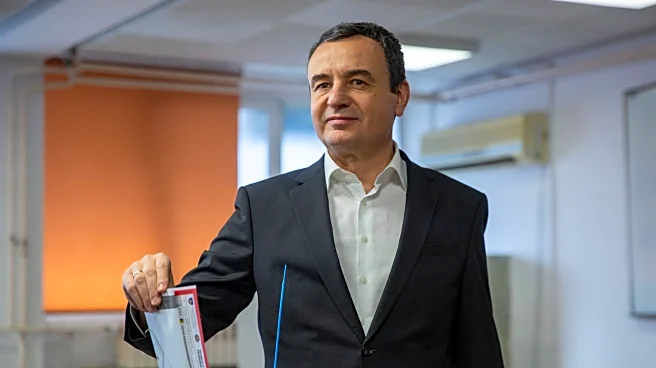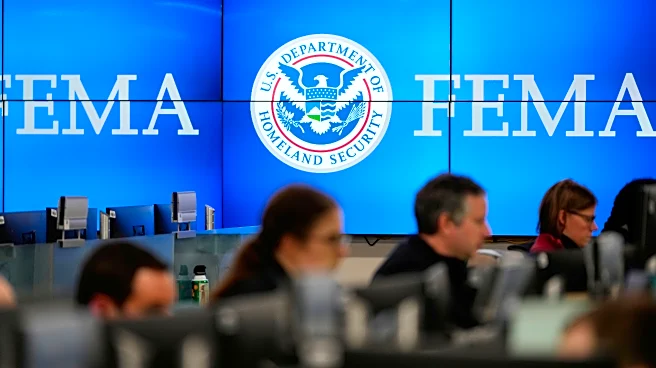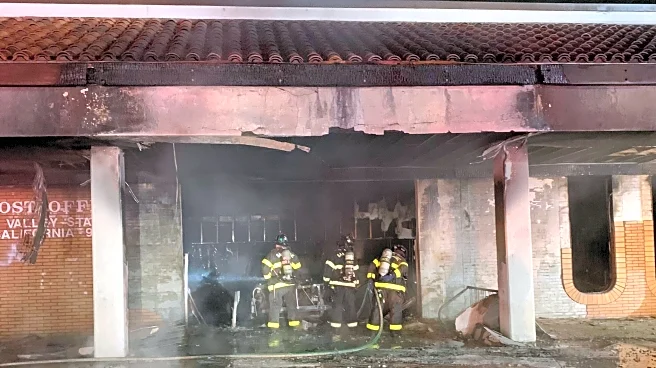Rapid Read • 6 min read
Research has revealed that social hierarchy and individual resilience significantly affect susceptibility to post-traumatic stress disorder (PTSD) through the expression of the Uba7 gene and inflammation in microglia of the medial prefrontal cortex (mPFC). The study used mouse models to demonstrate that social rank influences stress responses, with dominant individuals showing greater vulnerability to PTSD. The findings highlight the role of the NF-κB signaling pathway and Uba7 gene expression in PTSD, suggesting that social factors and genetic pathways interact to influence mental health outcomes.
AD
Understanding the interplay between social hierarchy, resilience, and genetic factors in PTSD can inform the development of targeted interventions and preventive strategies. This research underscores the importance of considering social and biological factors in mental health treatment, potentially leading to more personalized and effective therapies. The study also contributes to the broader understanding of how social environments impact mental health, which could influence public health policies and support systems.
Further research is needed to explore the mechanisms underlying the relationship between social hierarchy and PTSD in humans. Clinical studies could investigate potential therapeutic targets within the NF-κB pathway and Uba7 gene expression. Additionally, interventions aimed at enhancing resilience and addressing social determinants of health may be developed to reduce PTSD risk in vulnerable populations.
AD
More Stories You Might Enjoy












